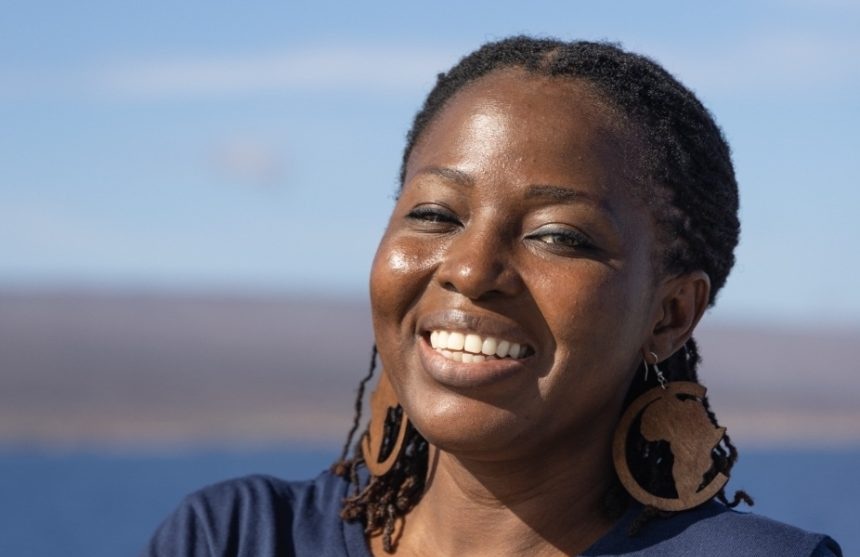Associate Professor at the Department of Marine and Fisheries Sciences, University of Ghana, Professor Edem Mahu, has called for an outright ban on single-use plastics in Ghana, warning that the country cannot continue to rely on convenience at the expense of the environment.
Speaking at the closing day of the 2nd International Conference on Ocean Governance on Thursday September 4,2025 , Prof. Mahu said Ghana’s recycling capacity remains inadequate to deal with the growing plastic waste crisis, making prevention the most effective solution.
“I don’t think that we are fully there yet as a people, because we need to upgrade our recycling infrastructure. Burning plastic altogether may not be possible at this point. But we should start by identifying the problematic plastics and single-use plastics are among the worst offenders.”
She pointed to items such as polyethylene bags, PET bottles, sachet water wrappers, and styrofoam takeaway packs as examples of plastics that can and should be banned.
“These are the ones we should replace with alternatives like tote bags, baskets, and reusable dispensers,” she said, recalling how Ghanaians once relied on baskets for shopping long before plastics became the norm. According to her, the country’s heavy dependence on plastics is rooted in convenience, but this lazy lifestyle has come at a huge cost to the environment.
While acknowledging the contribution of waste collectors who earn a living by collecting plastic bottles and containers, Prof. Mahu emphasized the need for households to sort waste at the source.
“If you know that someone will come around to pick plastics from your bins, why not gather it for them? That way, they can sell it directly. Ghana has a national plastic management policy with provisions like extended producer responsibility, but without investment in recycling infrastructure, implementation will remain slow,” she noted.
Beyond bottles and bags,she also highlighted the role of fast fashion in worsening plastic pollution. Cheap polyester-based clothing, sheds microfibers into water systems during washing and contributes to growing piles of second-hand clothing waste on Ghana’s beaches”
She urged a review of policies on second-hand clothing imports and called for advocacy to push global fashion brands to return to biodegradable fabrics like cotton.
For Prof. Mahu, the path is clear, Ghana and other coastal states must ban single-use plastics, strengthen recycling systems, support informal waste collectors, and promote alternatives.
–
Story by Erica Odeenin Odoom|univers.ug.edu.gh
Edited by Michelle Lartey

